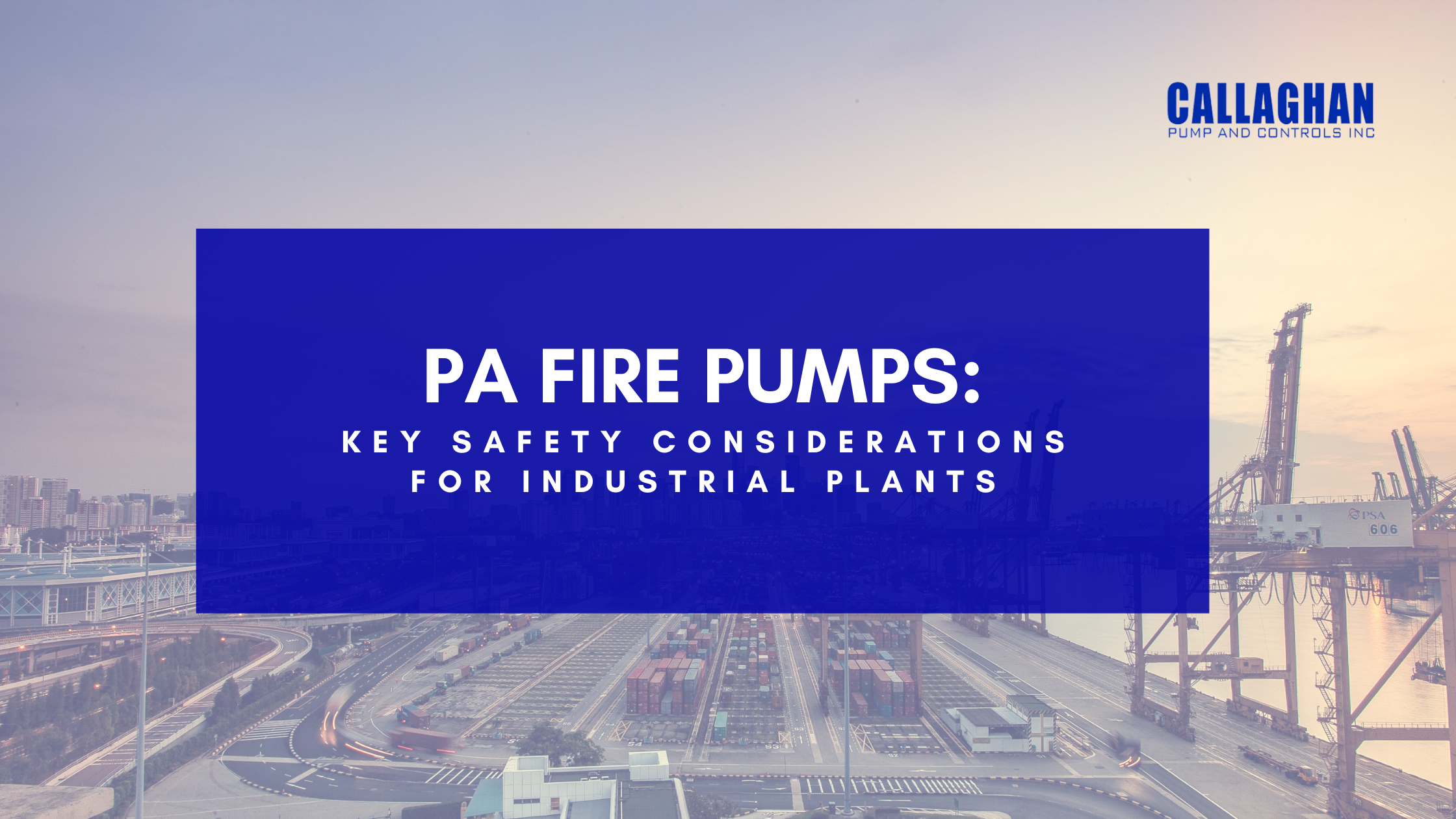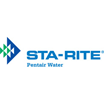
February 11th, 2025
Did you know the number of fires in the U.S. dropped by half between 1977 and 2004, whereas property damage doubled? Take industrial plants, for instance. These high-stakes environments have significant fire risks due to flammable materials, complex machinery, and electrical systems. This is where PA fire pumps come in very handy.
This blog dives into the essential safety considerations for fire pumps in industrial plants, ensuring fire protection, optimal performance, and compliance.
Fire pumps are the lifeblood of a fire suppression system, as they deliver the necessary water pressure to sprinklers and hose standpipes. In industrial settings, where hazardous materials and large-scale operations amplify fire risks, these pumps can mean the difference between a controlled incident and a catastrophic loss.
Selecting the right fire pump involves understanding the unique needs of an industrial facility. Some common types of PA fire pumps used in industrial plans include:
Pennsylvania Fire Pumps play a critical role in ensuring the safety and effectiveness of fire suppression systems. Here are key safety considerations to keep in mind for fire pumps:
PA Fire Pumps must adhere to regulatory standards such as those outlined by the National Fire Protection Association (NFPA). Key documents include NFPA 20, which governs the installation of stationary fire pumps.
Routine inspections ensure fire pumps remain in peak condition. Consider weekly checks for leaks or unusual noises. Conduct monthly flow tests to verify performance and annual comprehensive inspections with the help of certified professionals.
Fire pumps often rely on electric motors, diesel engines, or steam turbines. Industrial facilities should ensure a reliable primary power source and backup generators for power outages. Have fuel reserves for diesel-driven pumps.
Undersized pumps may fail to deliver adequate pressure, while oversized ones can cause unnecessary wear. Engage experts to calculate hydraulic requirements based on facility size and risk profile. They will help install pumps in accessible, well-ventilated areas to facilitate maintenance.
Fire pumps should seamlessly integrate with sprinklers, standpipes, and hydrants. This requires automatic start features triggered by pressure drops and clear piping layouts to minimize friction losses.
Pennsylvania Fire Pumps are indispensable for safeguarding industrial plants against fire hazards. By understanding the different types, adhering to safety standards, and addressing considerations, facility managers can ensure that their fire pumps operate reliably during emergencies. Investing in robust fire protection systems is not just a regulatory necessity – it’s a commitment to the safety of employees, assets, and the community. So, don’t wait for an emergency to find out. Upgrade your fire safety systems with high-quality PA Fire Pumps!
john@callaghanpump.com,
eileen@callaghanpump.com,
dan@callaghanpump.com,
sales@callaghanpump.com,
service@callaghanpump.com












